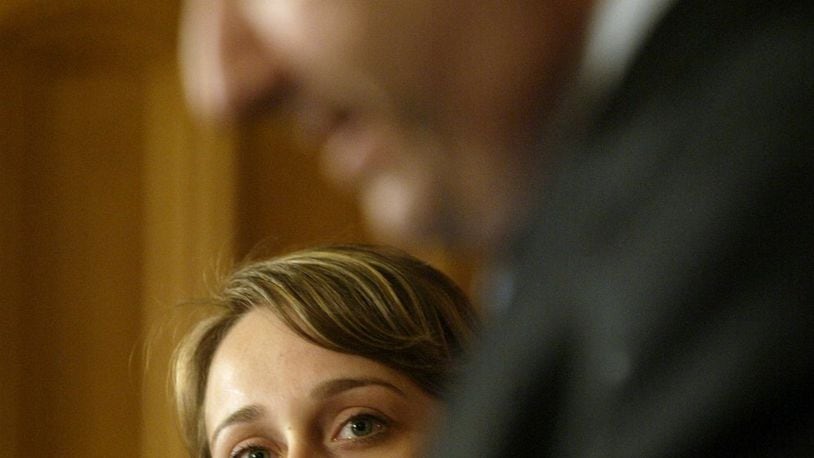Lawmakers don’t have to disclose the freebies they receive at certain national conferences, aren’t required to say how much they owe creditors or reveal the value and nature of the gifts they receive, and they can seek jobs with state universities and agencies while sitting in the legislature.
Springfield Republican Chris Widener pitched his consulting services to universities — the very ones who receive millions from the legislature — while serving in the Ohio Senate. The day after Widener stepped down, he signed a $72,000-a-year deal with Central State University.
Want to know how much a gift Ohio Gov. @JohnKasich received from Arnold @Schwarzenegger is worth? Good luck. https://t.co/I3fPbHwW5L pic.twitter.com/4acw2akgrp
— Ohio_Politics (@Ohio_Politics) March 2, 2017
Paul Nick, executive director of the Ohio Ethics Commission, said Ohio has a track record for enforcement that is equaled by only a handful of other states. In recent years, numerous public officials — including then Gov. Bob Taft and former Attorney General Marc Dann — have run afoul of the state’s ethics laws.
But former Ohio Inspector General Tom Charles says the system could be improved through better funding and broader investigative powers.
The newspaper’s investigation revealed that the three watchdog agencies responsible for overseeing hundreds of thousands of public employees together have a staff of about 40 people.
About the Author
